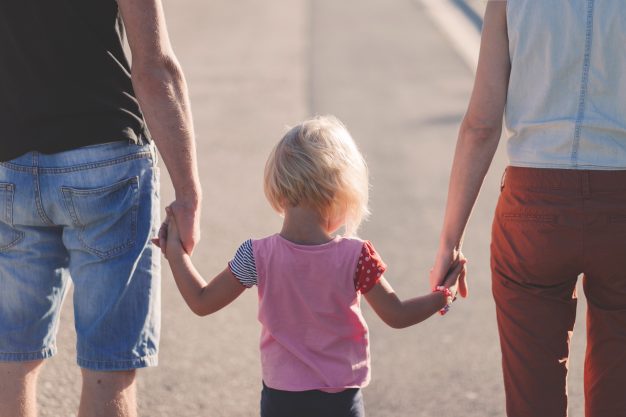
What family-friendly policies mean for children
A lengthy study from Unicef argues children get a better start in life and parents are more able to find the right balance between work and private life in countries that have family-friendly policies. Yet even some of the world’s richest countries fail to offer comprehensive solutions for all families. The Unicef study concluded Sweden, Norway and Iceland have the most family-friendly policies.
In the study, 41 countries high and middle income were compared. The report looked at four country-level indicators: the duration of paid leave available to mothers; the duration of paid leave reserved specifically for fathers; the share of children below the age of three in childcare centres; and the share of children between the age of three and compulsory school age in childcare or preschool centres.
In Sweden, Norway and Iceland, the duration of parental leave, in particular for fathers, is the longest. This leave is important as it allows time to bond with the child. In support of this a 2016 study by Winston and Chicot concluded “that the support of babies and their parents in the first two years of life to be a crucial aim of public health groups in the community” and “parental inconsistency and a lack of love can lead to long-term mental health problems as well as to reduced overall potential and happiness”.
The Unicef study also found Sweden, Norway and Iceland have the highest number of children using pre-school education, which helps children learn social skills.
The Netherlands is in fifteenth place in the ranking of countries with the most family-friendly policies. Caroline Vink, from the Netherlands Youth Institute, is not surprised that the Netherlands did not rank higher. Vink stated, “Unicef has been researching for more than fifteen years how rich countries “score” on their child and family policy. Policies in the Netherlands could be a bit more family-friendly and that is underlined by this study. For example, preschool education in the Netherlands is not a basic provision and we score very low on father’s leave”.
To read the study in full click here.




